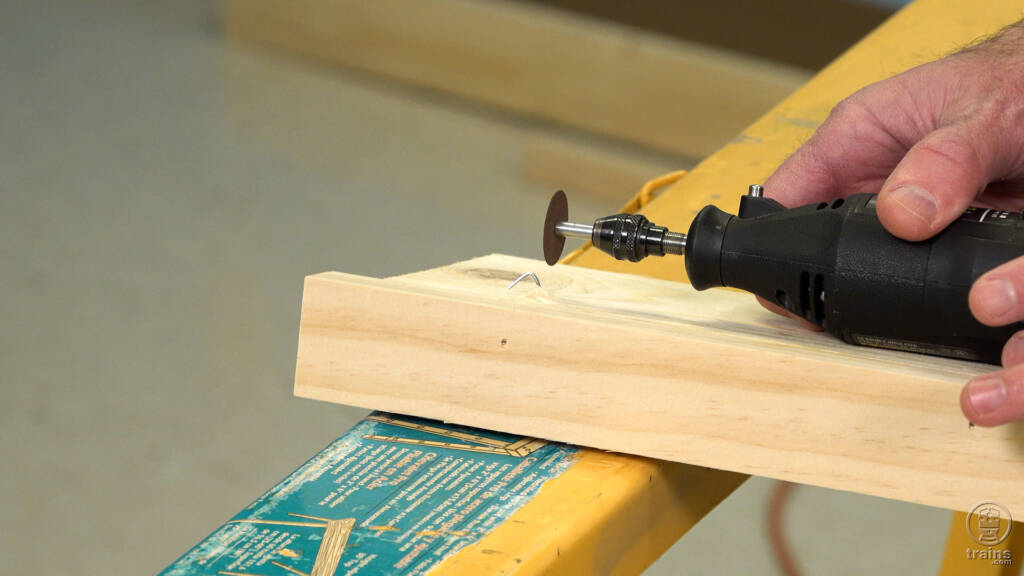
Rotary tool cutoff techniques | Trains.com Director David Popp demonstrates how a rotary motor tool can be used for a variety of applications when building model railroad benchwork. In this instance, David shares how a rotary tool and a cutoff disk make quick work of errant nails protruding from wood frame components. You can also […]
Read More…
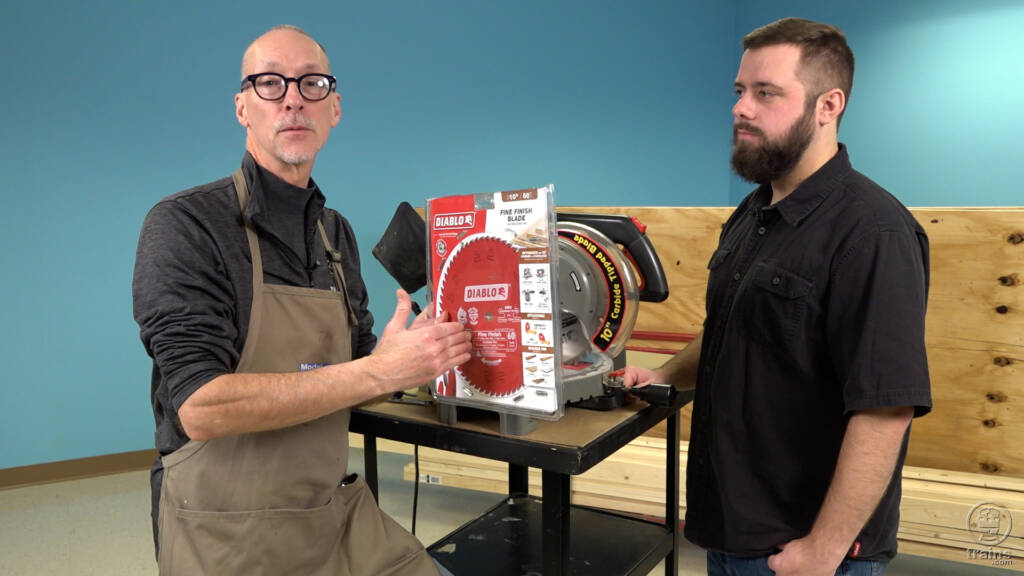
Replacing a circular saw blade| In this instance, David Popp shows Bryson Sleppy how installing a new, sharp blade yields clean, smooth edges when cutting benchwork components. Putting safety first, David shares the proper process, along with insights for maintaining a saw for years of reliable use! You can also read about this technique in […]
Read More…
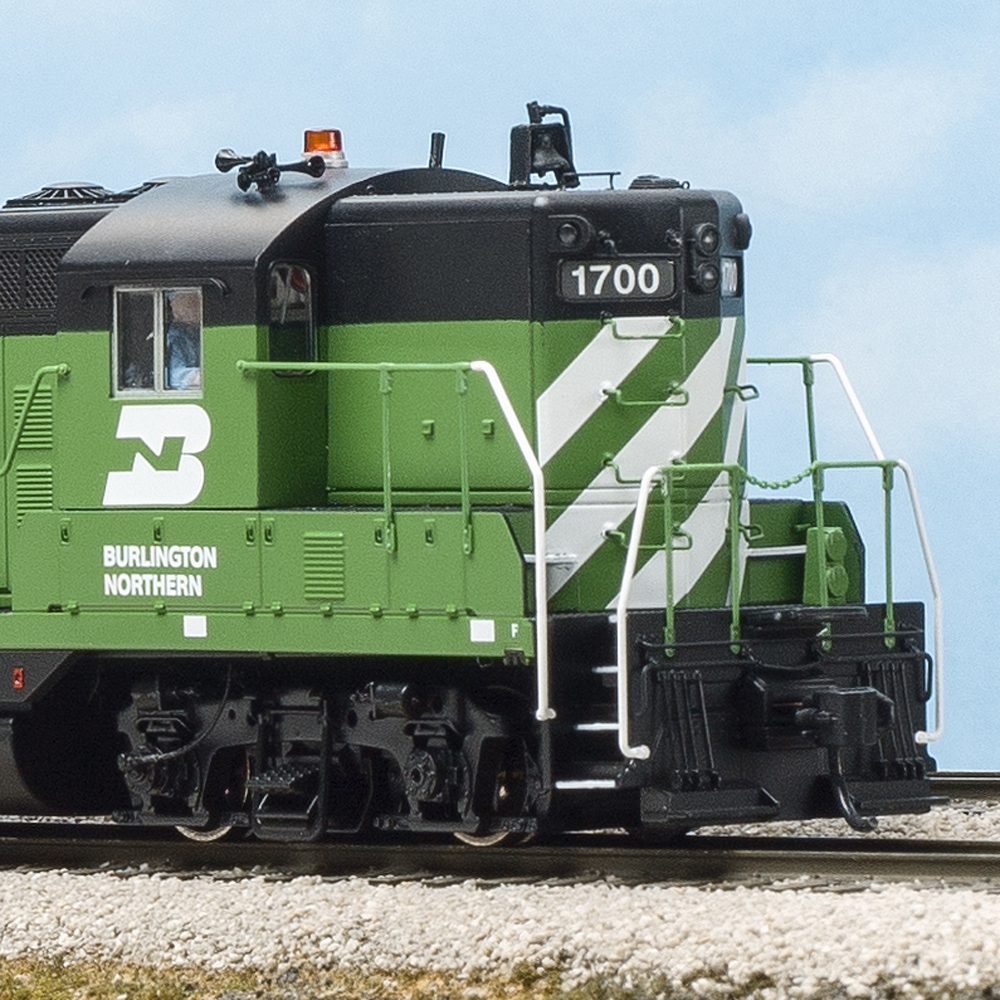
Hobbyists are drawn to specific railroads for a variety of reasons. Perhaps it was the line that served their hometown. Or maybe a relative worked on the railroad. Another reason — with less sentimental attachment — is that they like the paint scheme. The colors applied to diesel locomotives and freight cars are far from […]
Read More…
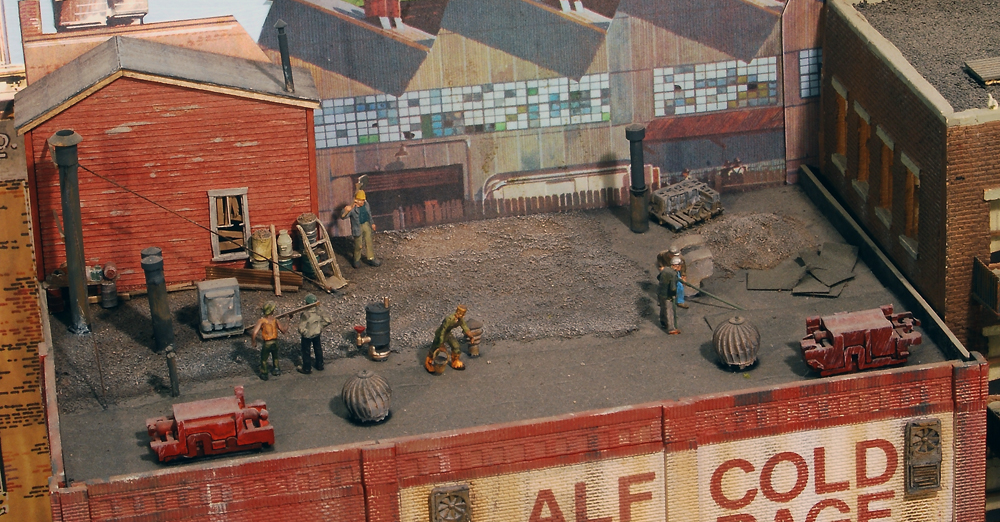
I love details. Thirty years ago, I built my first craftsman structure kit and found out what details could do to “raise the roof” on my modeling. If you think about it, what you mostly see of a structure on a layout is the roof. On my railroad, a roof has to have one or […]
Read More…
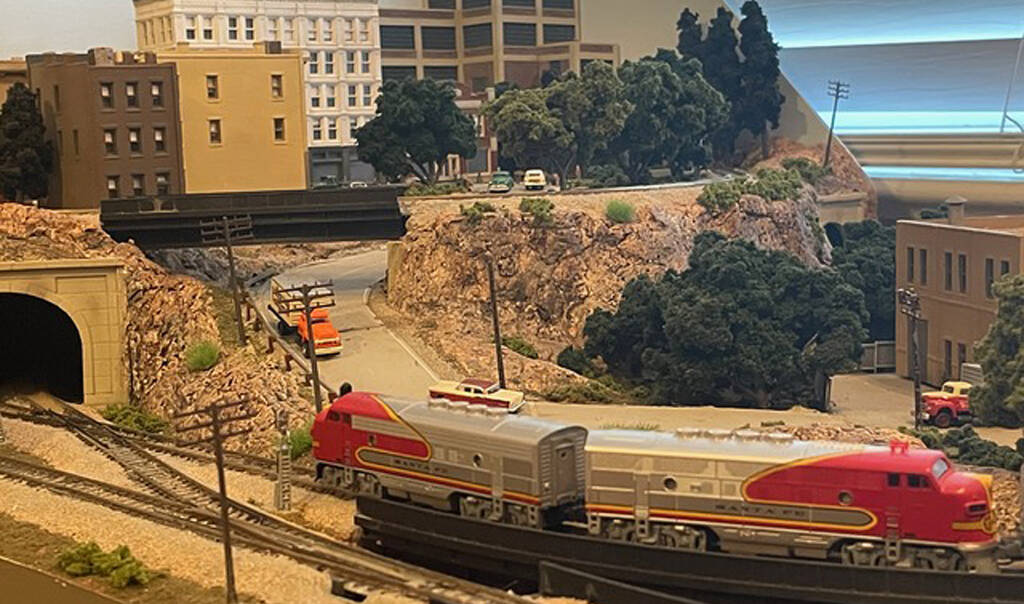
I constructed my first N scale layout in a coffee table in 1976 based on the East Glasstop project railroad series that appeared in Model Railroader from December of 1970 to April of 1971. However, it was not until I retired in 2016 that I completed my second layout, a 5 x 5 foot square […]
Read More…
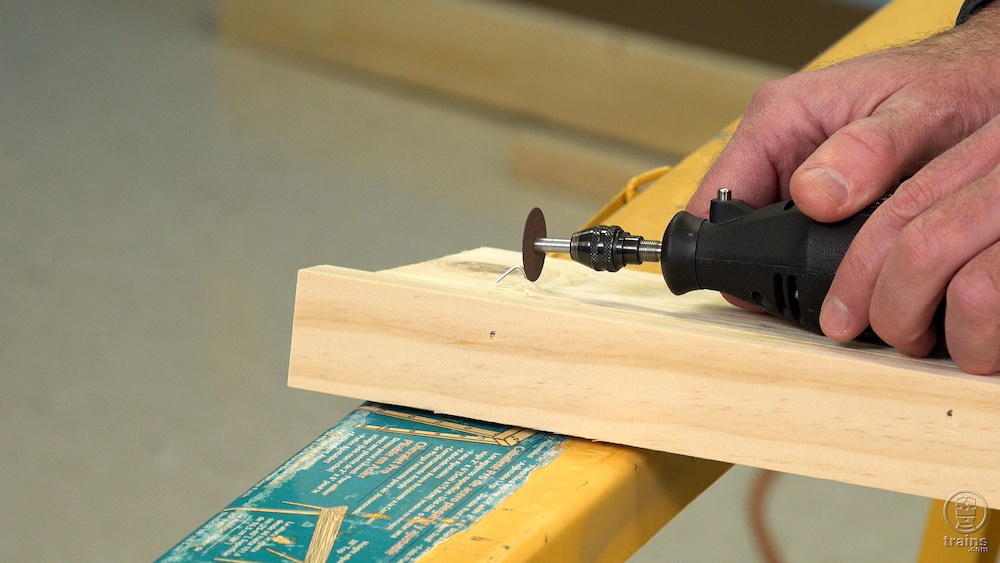
The rotary is like a Swiss Army Knife for model railroaders. It can be used for many different tasks, and cutting off nail heads is just one of them. This is when a nail is hammered into a board at an undesirable angle, but can’t be pulled out by pliers without further damaging the wood. […]
Read More…

Q: I’ve noticed 53-foot intermodal containers on top of what I believe are 40-foot containers. What I’m not sure about is whether the smaller container is in a 40-foot well car or a 53-foot car? — David Bellamy A: The 40-foot intermodal container in the bottom position can be in a 40- or 53-foot well […]
Read More…
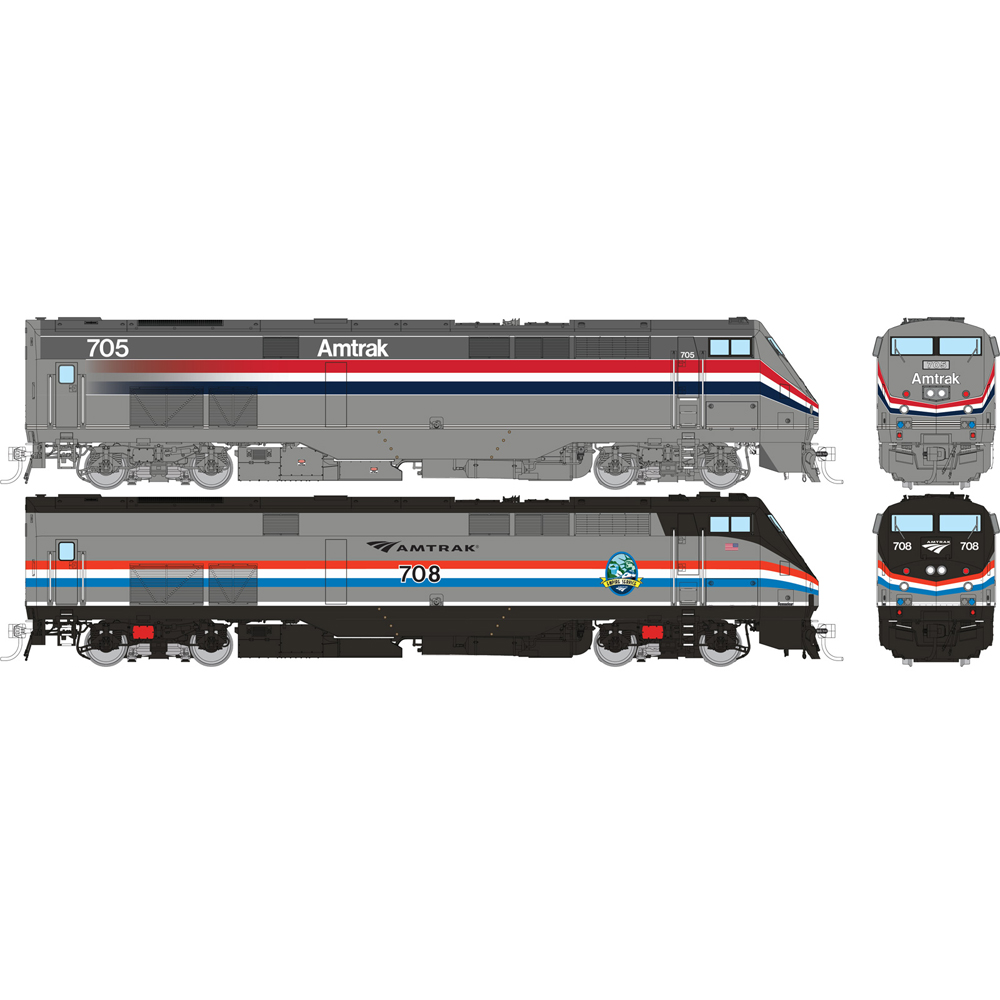
News & Products for the week of February 10th 2025 Model railroad operators and builders can get the latest information about locomotives, freight cars, passenger cars, tools, track, and more by reading Model Railroader’s frequent product updates. The following are the products Model Railroader editors have news on for the week of February 10th, […]
Read More…
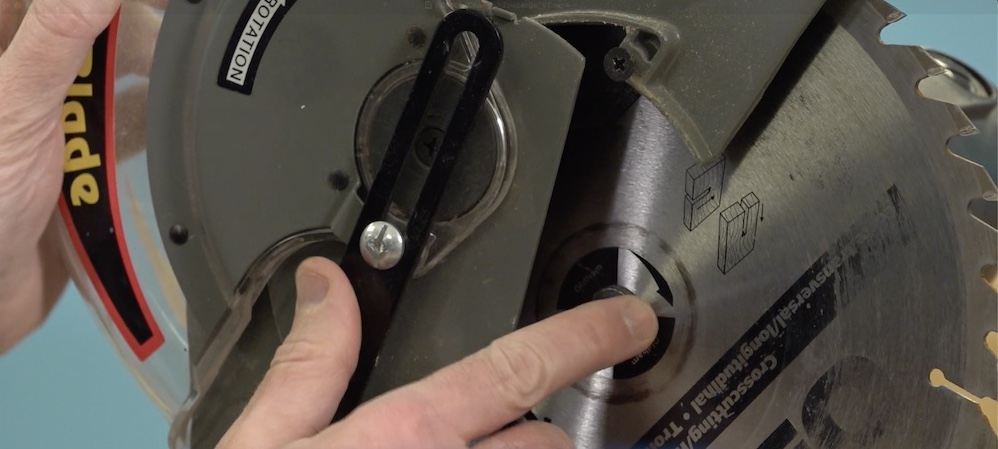
A circular saw is often the tool of choice when constructing the benchwork for your layout. But in order to get those clean cuts and smooth edges, it’s important to have a sharp blade. This will help avoid splintering in the wood. From prioritizing safety to performing essential maintenance, here’s how to replace a circular […]
Read More…
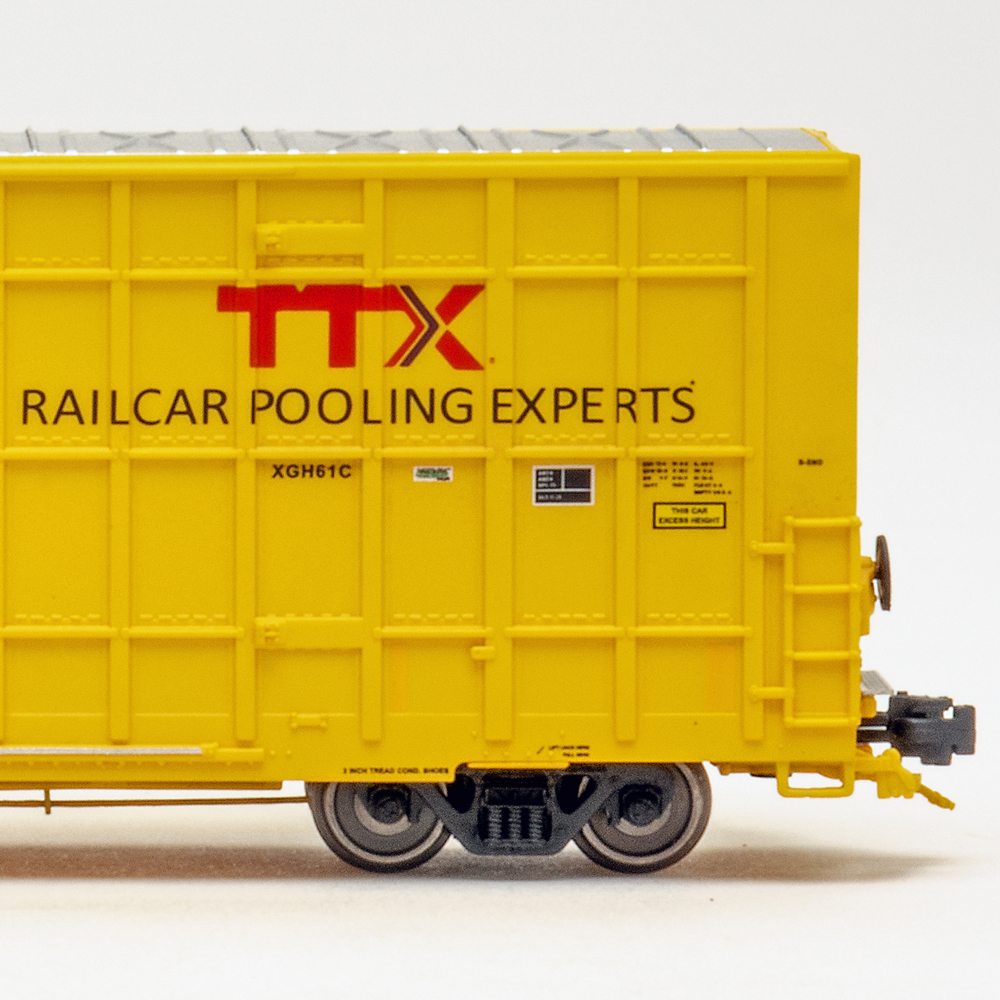
The Greenbrier 7,550-cubic-foot capacity double-plug-door boxcar is the first N scale freight car from Aurora Miniatures North America Inc. The injection-molded plastic model features many separate, factory-applied parts; metal wheelsets; and body-mounted plastic AuroraJanney plastic knuckle couplers. Prototype history The Aurora Miniatures N Greenbrier 7550 boxcar is based on the 2016 to present version of […]
Read More…
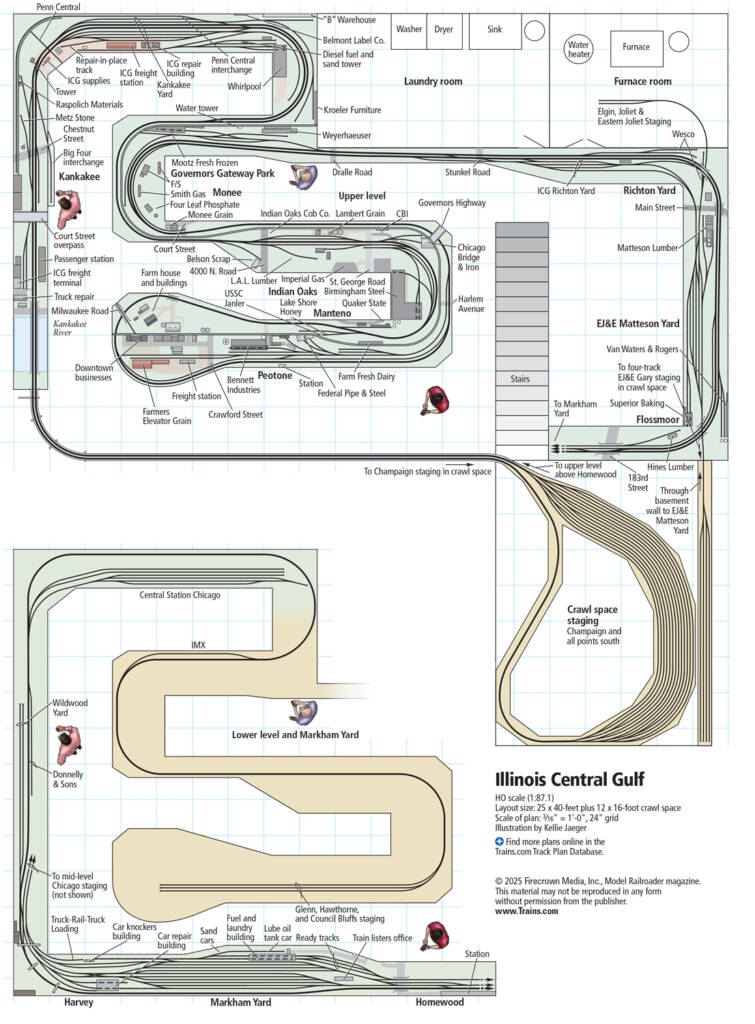
Facts and features Name: Illinois Central Gulf Scale: HO (1:87.1)Size: 25 x 40 feet plus 12 x 16-foot staging in crawl spacePrototype: Illinois Central GulfLocale: Chicago to Champaign, Ill.Era: October 1976Style: walk-inMainline run: 350 feetMinimum radius: 30″Minimum turnout: No. 5Maximum grade: less than .5%Benchwork: open gridHeight: 46″ to 59″Roadbed: ¾” plywood and ½” Homasote Track: […]
Read More…











